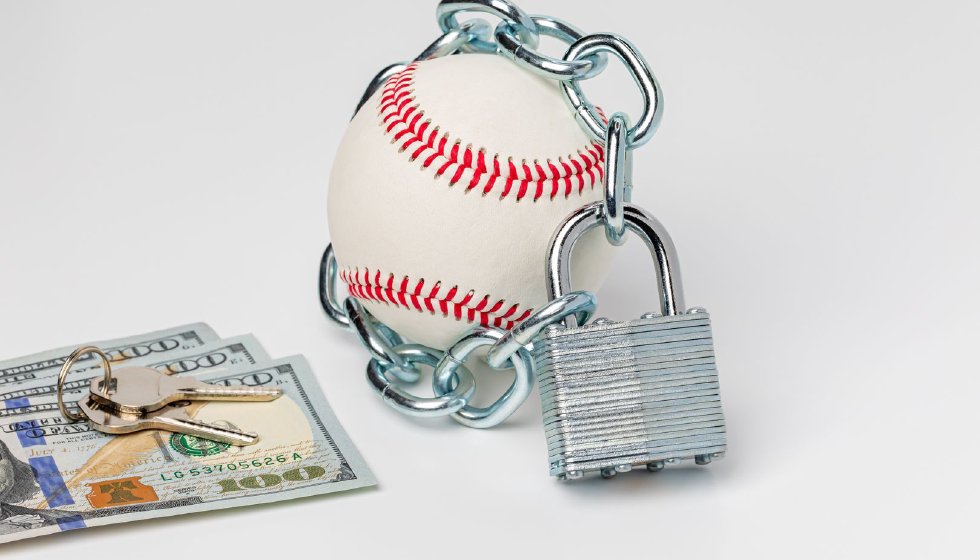
After nearly a year of negotiating, including nine straight days of talks between the league and the players union starting on February 21, the sides could not come to an agreement by MLB’s self-imposed deadline of 5pm, Tuesday, in order to start the 162 game regular season on March 31 as scheduled.
“As a former player, as a fan, for our game, today is a sad day,” said Tony Clark, the head of the players union at a news conference held at a hotel in Jupiter, Florida on Tuesday.
Commissioner Rob Manfred officially
canceled the first week of regular-season games, marking the first baseball games lost due to a work stoppage
since 1995, indefinitely suspending spring training until a deal can be reached. Manfred canceled the first two
series for all 30 teams, cutting each club’s schedule from 162 games to around 156 at most, a total of 91 games
were removed from the schedule.
As things currently stand, the league and union have not made any plans for future negotiations nor will players be compensated financially for missed games.
“I had hoped against hope that I would not have to be in the position of canceling games.” Manfred said, in a letter on MLB.com. “I want to assure our fans that our failure to reach an agreement was not due to a lack of effort on the part of either party.”
Since the last labor agreement was struck in 2016, baseball players have been vocal about what they consider to be problems with the economic structure in place.
“This is not just about shifting pieces of the pie around,” veteran left-handed pitcher and union representative Andrew Miller said. “This is about getting the game that we love to work and operate effectively and perform and let us focus on what we like to do.”
Asked how long they were prepared to miss games for a fair deal, Miller affirmed on Tuesday, “We’re prepared.”
The negotiating teams for both sides were expected to return home and return to talks at a later undetermined date. Asked to explain the league’s stance of canceling games rather than rescheduling them, Manfred noted the logistical difficulties of inter-league play (the opening weekend of games were to be inter-league matches between the AL and NL). As for factoring missed pay and players’ service time for those games, Manfred said, “Our position is that games that are not played, players will not get paid.”
What is already a complicated labor dispute with many moving parts could get more difficult as the players’ paychecks are due to be paid when the season starts.
The players union told MLB if games are missed and salaries are lost, clubs should not expect players to agree to the owner’s proposals to expand the postseason and allow advertising on uniforms and helmets.
What can the players do?
As MLB and the players union continue to work towards a new collective bargaining agreement (CBA), what can the players do in the meantime? Can they play baseball in other leagues?
The simple answer is yes, and the union would probably support the decision. The nature of a lockout (unlike a players strike) is that it is league imposed, plus there is precedent during the 2004-05 work stoppage a large number of NHL players chose to play internationally.
Have any baseball players considered playing in independent leagues or even overseas? Perhaps. Reigning NL MVP Bryce Harper shared a photo of himself on social media in a Yomiuri Giants uniform, the Japanese NPB team, with the quote earlier this week: “Aye @yomiuri.giants you up? Got some time to kill. I know you got @borascorp number. Let’s talk.” No doubt other players will be considering their options closely.